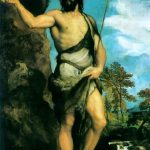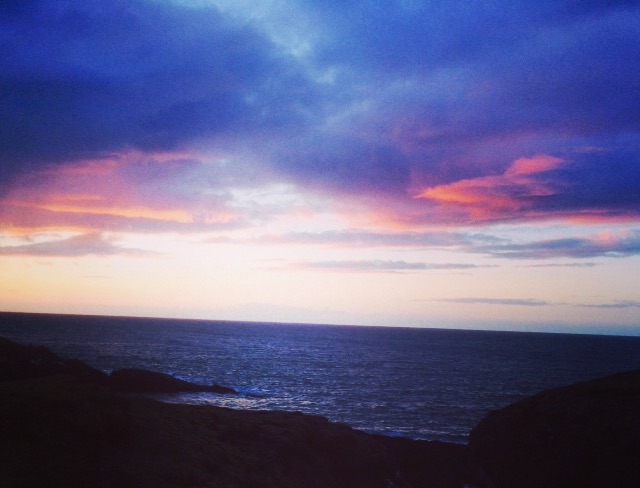
Thingvellir National Park, Iceland
I am (slowly!) learning to slow down, and say, “So, what should I do, God?” or “What should I do, Spirit?” or “What should do I do, Jesus?”
And often enough, clarity comes, out of the box. I do not send the email I was about to. I change the time on my alarm clock. I re-arrange my day or my schedule or my commitments in a joyful, health-giving, and, often enough, productive way. The Spirit generally guides me in the way of subtraction. In the ways of quietness, by still waters. In returning and in rest you shall be saved, in quietness and in confidence shall be your strength. (Isaiah 30:15). It has ever been so for me.

Does God always answer my frequent question: “What should I do?” Or does my unconscious provide answers? I don’t know, I lean towards the former. But there have definitely been directions in which I thought I heard God lead which have not been fruitful in the way I thought they would have been. But they have been learning experiences, sometimes baptisms of fire!, which led on to other fruitful things.
It’s a good practice to check in with the Spirit before we act, even if we get it wrong sometimes. We learn by practice in every area of our lives… and our spiritual lives are no different.
Thomas Merton has a beautiful prayer on this subject.
My Lord God,
I have no idea where I am going.
I do not see the road ahead of me.
I cannot know for certain where it will end.
nor do I really know myself,
and the fact that I think I am following your will
does not mean that I am actually doing so.
But I believe that the desire to please you
does in fact please you.
And I hope I have that desire in all that I am doing.
I hope that I will never do anything apart from that desire.
And I know that if I do this you will lead me by the right road,
though I may know nothing about it.
Therefore will I trust you always though
I may seem to be lost and in the shadow of death.
I will not fear, for you are ever with me,
and you will never leave me to face my perils alone.


 John the Baptist, his heart and mind and spirit filled with the word of God, pregnant with his calling, does not do what we would today if we sense a calling. He does not go to the cities, to Jerusalem; he does not seek a platform; in fact, he initially does not speak at all.
John the Baptist, his heart and mind and spirit filled with the word of God, pregnant with his calling, does not do what we would today if we sense a calling. He does not go to the cities, to Jerusalem; he does not seek a platform; in fact, he initially does not speak at all. Celtic Christians prized “thin places,” where the boundaries between the spiritual and physical world are almost transparent. Where we can sense shimmering in the physical world the just-as-real, invisible, supernatural world, charged with the glory of God, with hills ringed with angels in chariots of fire.
Celtic Christians prized “thin places,” where the boundaries between the spiritual and physical world are almost transparent. Where we can sense shimmering in the physical world the just-as-real, invisible, supernatural world, charged with the glory of God, with hills ringed with angels in chariots of fire.


